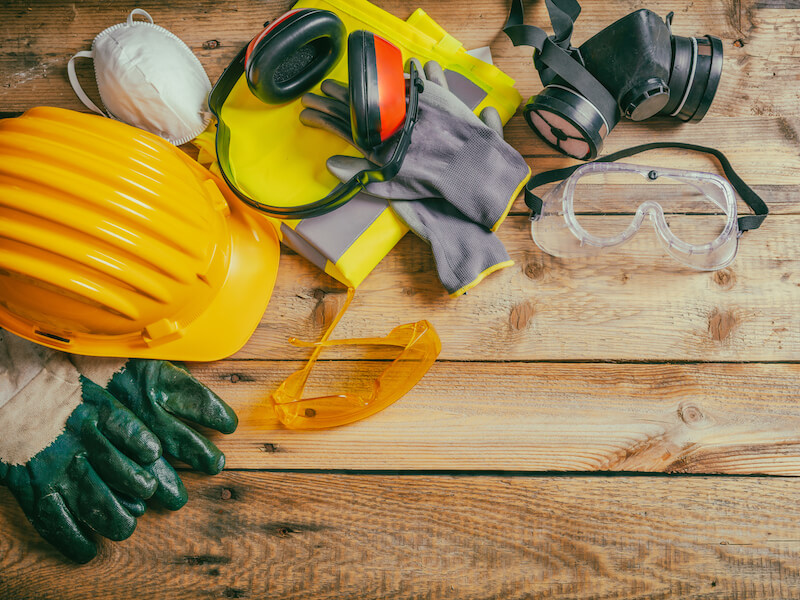
Around two million workplace injuries are reported every year. Normally, we think about a hand caught in a piece of machinery or a flying projectile when we consider work-related injuries.
But there is a far more insidious on-the-job injury that is even more common and often overlooked. It sneaks up on people extremely gradually over several years. The injury goes unnoticed until the symptoms become impossible to ignore. People often make excuses. “It’s only temporary” or “I’m just getting older. This response is common.
Many individuals don’t even recognize it was brought on by their workplace environment.
The insidious injury is hearing damage. There are several warning signs you should recognize, and there are significant steps you need to take if you suspect the damage is already done.
Exactly When Does The Volume Become “Too Loud”?
Your hearing can be permanently damaged with prolonged exposure to as little as 85 decibels (dB) over a long period. Seventy-five dB, for instance, is the average volume of a vacuum cleaner. Eighty-five dB for a lawnmower. A leaf blower or chainsaw creates over 100 dB. And the volume of a gunshot logs in at 140 dB.
Are you at risk when in your work environment? Is the most common workplace injury a problem for you? If you’re regularly exposed to noise as loud as a lawnmower, even if it’s not constant, your hearing is likely to become damaged over time.
Hearing Damage Signs
You’re absolutely damaging your hearing if you work in a loud environment without hearing protection.
Your experiencing hearing loss if you notice any of the following symptoms:
- You confuse consonants – “Todd” sounds like “Dodd,” for instance.
- When you talk with people you always believe they are mumbling
- Conversations sound muffled.
- People are always complaining about the high volume of your media devices.
- You frequently ask people to repeat themselves when they talk.
- You’re hearing noises in your ears like ringing, whistling, or hissing.
- You experience pain when you hear loud sounds.
- You can’t understand the person speaking if there’s background noise.
- You tend to disengage when people are talking.
How is Hearing Damage Being Addressed by Employers?
In settings that are really loud, technology is being used by businesses or organizations to reduce workplace noise. Workplace noise will be minimized as new recommendations are being put in place by governments to protect workers.
As more employees become aware of the recurring damage they have suffered as a result of workplace noise, they are coming forward. Over time, their voices will lead to further change.
Preventing Further Damage
Safeguarding your ears before they are damaged is the best plan if you work in a loud setting. Wearing protective earmuffs or earplugs while at work will help decrease potential damage.
If you think your hearing has been injured by a noisy workplace, make an appointment for a hearing exam as soon as you can. You will discover how to avoid additional damage when you find out how much hearing damage you’re dealing with. We can help you formulate strategies to prevent additional hearing loss and deal with the damage you’ve already experienced.
